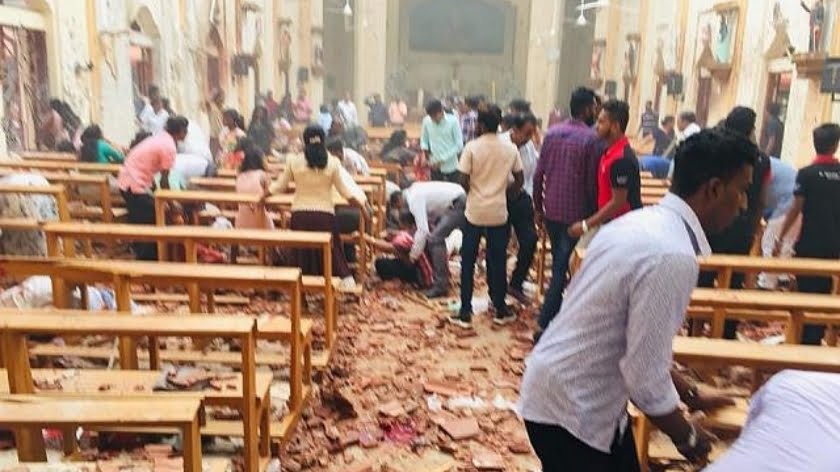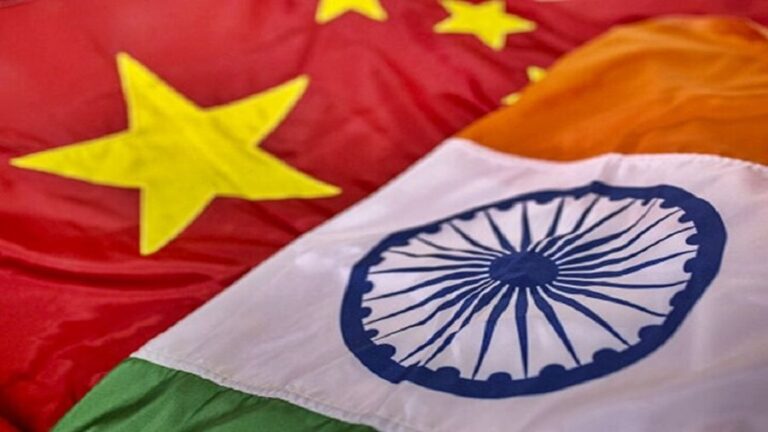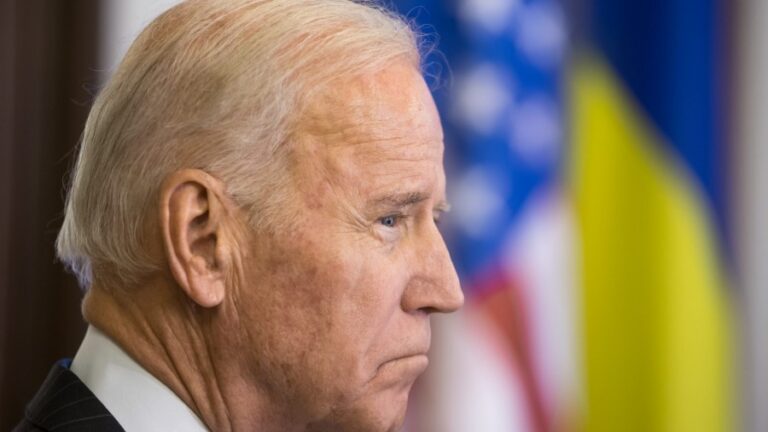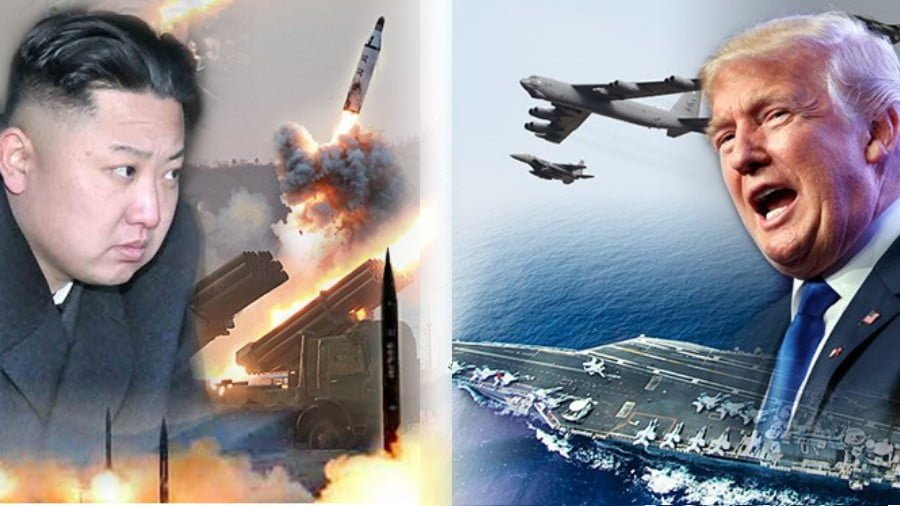Initial Assessment of the Terrorist Attacks in Sri Lanka
The terrible terrorist attacks that struck Sri Lanka this Easter and claimed the lives of nearly 200 people have shocked the international community, but while a lot of the facts have yet to be determined such as who was responsible for this heinous act of violence, it’s still possible to give an initial assessment of what happened and the possible consequences that it might have.
The entire world is in mourning today on what’s supposed to be the holiest of Christian celebrations after a series of coordinated terrorist attacks struck churches and luxury hotels in Sri Lanka’s largest city of Colombo and claimed the lives of nearly 200 people. Several times as many people were injured, and the government declared the imposition of a nighttime curfew and the suspension of social media throughout the country in order to combat the spread of incendiary fake news that might make the situation even worse. Although a lot of the facts have yet to be determined such as who was responsible for this heinous act of violence, it’s still possible to given an initial assessment of what happened and the possible consequences that it might have. What follows are observations and forecasts pertaining to this event which attempt to broaden the reader’s understanding of this tragedy and its most likely implications, serving as a frame of reference through which to interpret this incident and a resource to return to in the future for judging its ultimate accuracy.
* These were preplanned and coordinated terrorist attacks that specifically targeted Sri Lanka’s Christian minority on their holiest day and sought to ensure even worse international notoriety by hitting a few luxury hotels that are popular with foreigners.
* It remains to be seen what effect these terrorist attacks will have on Sri Lanka’s still-simmering political crisis but partisan forces will probably attempt to blame their adversaries and find a way to exploit this tragedy in pursuit of their interests one way or another.
* The same can be predicted for international forces as well, since it’ll be tempting for some of them to imply that their rivals’ intelligence agencies might have had a hand in the latest events, or at the very least present themselves as super tough on terrorism for domestic political reasons (e.g. Modi during the elections).
* Regional countries and those further afield will assist their Sri Lankan partners in the investigation and might even offer to share their valuable anti-terrorist experience with them in order to simultaneously contribute to the eradication of this menace while boosting their influence in this geostrategically positioned country.
* Terrorist apologists might attempt to connect the Sri Lankan terrorist attacks to the recent Christchurch ones in order to portray the latest killings as a “response” to that incident, which could dangerously advance the so-called “Clash of Civilizations” weaponized narrative for dividing and ruling the Eastern Hemisphere.
* Any forthcoming security crackdown might be decontextualized and deliberately misportrayed by some nefarious forces as an “anti-Muslim crusade” in order to exacerbate Muslim-Buddhist “civilizational fault lines” in Sri Lanka, Myanmar, and beyond, as well as provoke reprisal attacks against both religions.
* The intent behind the Sri Lankan terrorist attacks therefore appears to have been the same as the Christchurch ones in that an active and overly obvious effort was made to draw attention to the “Clash of Civilizations” weaponized narrative that all responsible state and non-state actors should avoid at all costs.
By Andrew Korybko
Source: Eurasia Future







